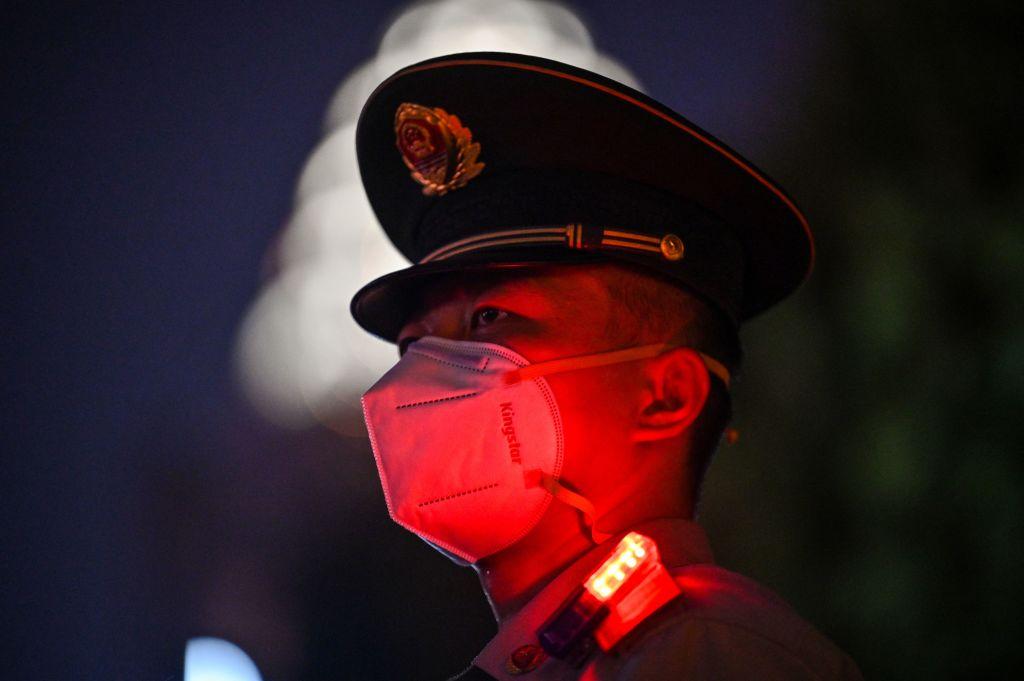South Korean officials opened a probe of alleged Chinese police stations operating covertly across the country after a Chinese restaurant in Seoul was found to have served as such a base last month.
South Korean intelligence officials and police jointly investigated the presence of covert Chinese police stations in various regions, including the capital city of Seoul and on Jeju Island, The Korea Herald reported on June 16.





